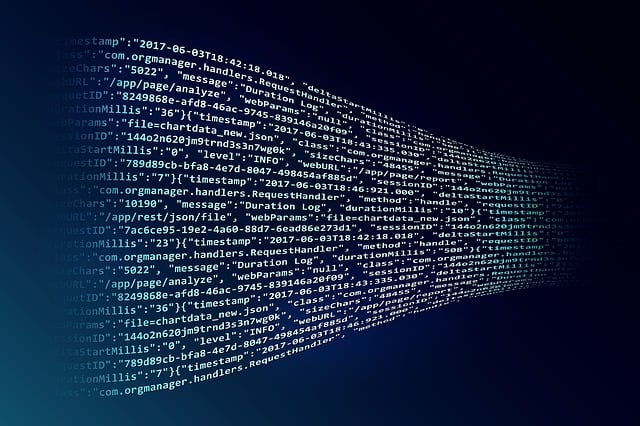Crypto Tax in Portugal: A Comprehensive Guide
With the increasing popularity and adoption of cryptocurrencies, it becomes essential to understand the tax implications associated with them. In this article, we will provide you with a comprehensive guide on crypto tax in Portugal. So let's dive right in!

1. Understanding Cryptocurrency Taxation in Portugal
Portugal has a straightforward approach to cryptocurrency taxation. The Portuguese Tax and Customs Authority (AT) considers cryptocurrencies as neither currency nor financial assets but rather as taxable assets. Therefore, any gains from cryptocurrency trading or mining are subject to taxation.
1.1 Taxation of Cryptocurrency Profits
According to the AT, profits obtained from the sale or exchange of cryptocurrencies are subject to capital gains tax. The tax rate can vary depending on the taxpayer's annual income.
1.2 Taxation of Cryptocurrency Mining
When it comes to cryptocurrency mining, Portugal considers it as an economic activity subject to taxation. Miners must report their mining income and pay taxes accordingly.
1.2.1 Self-Employed Miners
If you are a self-employed miner, you need to register as a sole trader (trabalhador independente) and report your mining income using the appropriate forms. The tax rate will be based on your income tax bracket.
1.2.2 Hobbyist Miners
If you mine cryptocurrencies as a hobbyist and the income generated is not your primary source of income, you still have to report it. The tax rate will be based on the applicable IRS brackets.
1.2.2.1 Reporting Mining Activities as a Hobbyist
Hobbyist miners must declare their mining activity on the annual income tax return. Under "Table 4 - Other Income," you should specify the amount earned from mining.
2. Compliance and Reporting Obligations
It is crucial to comply with the tax obligations imposed by the Portuguese tax authorities. Failure to do so can result in penalties and fines. Here are some important compliance and reporting obligations you need to be aware of:
2.1 Keeping Detailed Records
You should maintain comprehensive records that include details of all cryptocurrency transactions, such as purchase and sale dates, transaction amounts, and any related expenses.
2.2 Reporting Crypto Gains and Losses
Capital gains from cryptocurrency trading must be reported on your annual tax return. It is important to accurately calculate your gains and claim any applicable losses as well.
2.2.1 Reporting Crypto Gains and Losses on the Annual Income Tax Return
You should report your capital gains and losses on a Schedule G form that is part of your annual income tax return.
2.2.1.1 Calculating Crypto Gains and Losses
To calculate your cryptocurrency gains or losses, subtract your acquisition cost (purchase price plus any associated fees) from the sale proceeds. Losses can be used to offset gains in the same tax year.
2.2.1.1.1 Reporting Gains and Losses on Schedule G
On the Schedule G form, you need to provide a detailed breakdown of each individual gain or loss transaction. Include the date and type of transaction along with the corresponding gain or loss amount.
3. Seek Professional Assistance
Navigating the complexities of crypto tax in Portugal can be challenging, especially for those new to the world of cryptocurrencies. Therefore, it is highly recommended to consult with a tax professional who specializes in cryptocurrency taxation to ensure compliance and optimize your tax situation.

4. Freelancing and E-Commerce with Cryptocurrencies
If you are interested in freelancing or engaging in e-commerce using cryptocurrencies, make sure to check out our detailed article on freelancing and e-commerce with cryptocurrencies. It provides valuable insights and tips for getting started in these exciting fields.
In conclusion, understanding crypto tax in Portugal is vital to ensure compliance and avoid any potential penalties. By staying informed about the taxation rules and seeking professional advice, you can navigate the crypto landscape smoothly while fulfilling your tax obligations.